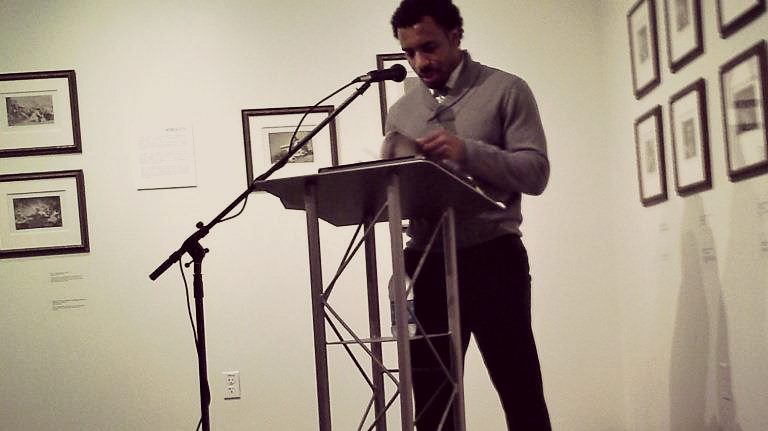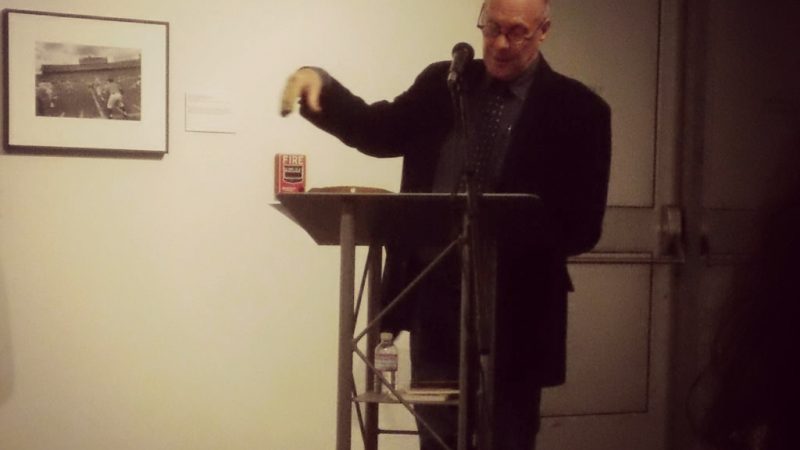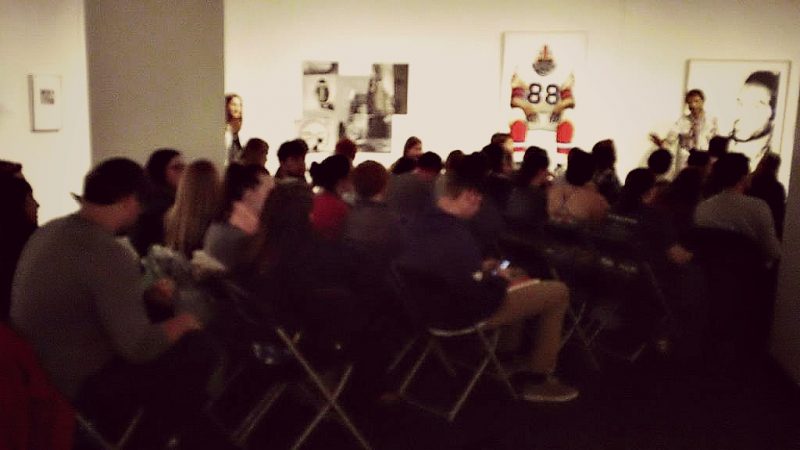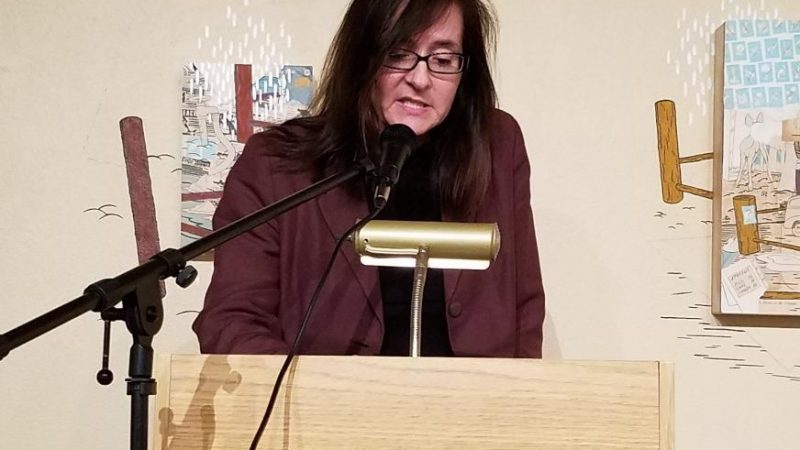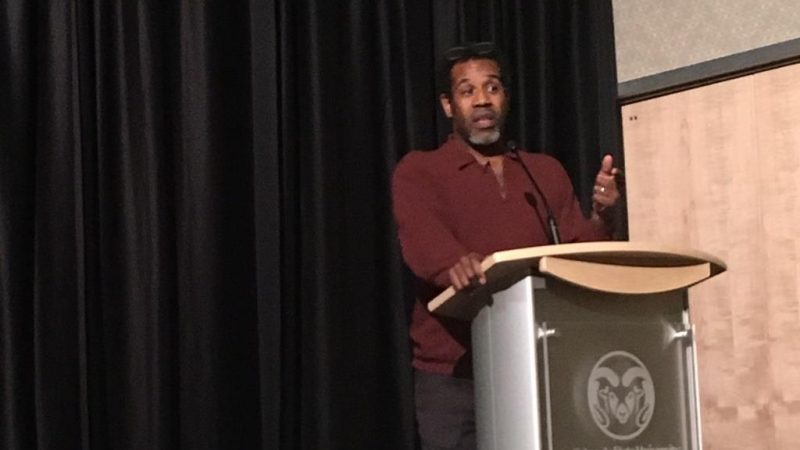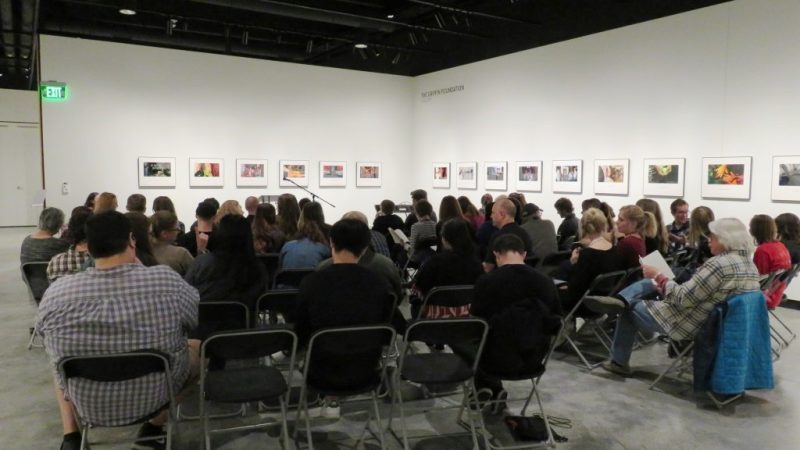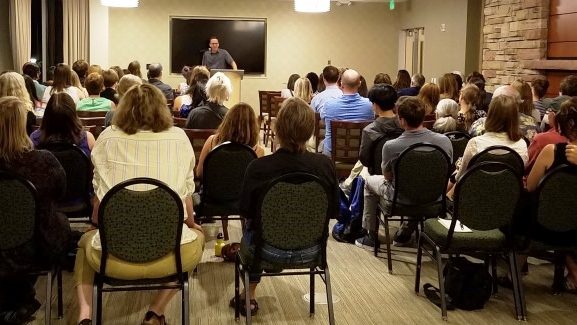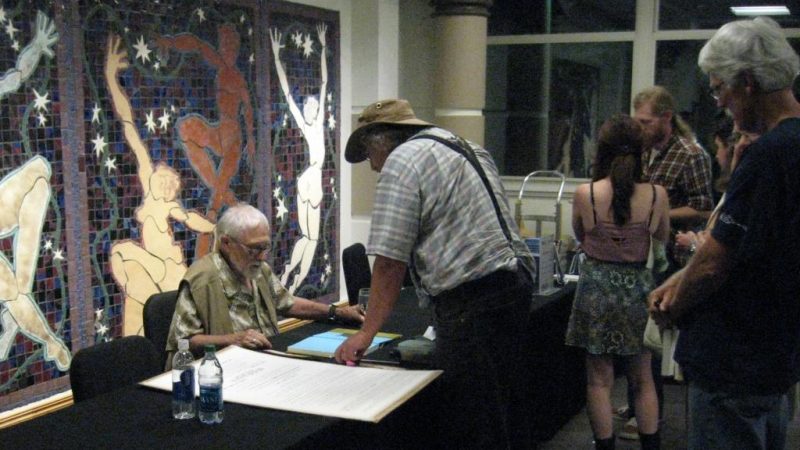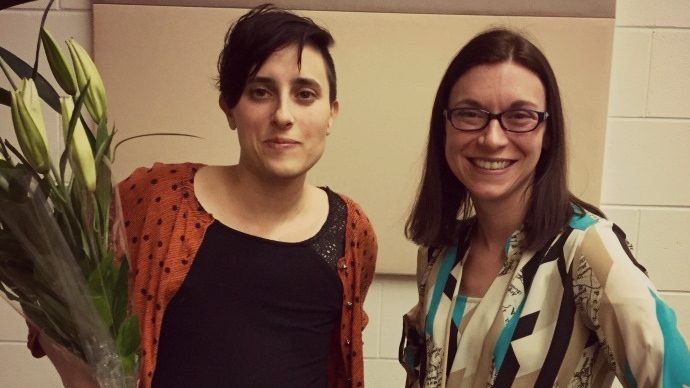Since last April, residents of Fort Collins and the surrounding area have been able to hear and see — at no charge, for free – two Pulitzer Prize-winning poets, one national award winner for nonfiction, and an award winning English department alumnus; poets, essayists, and novelists writing verse, fiction, and creative nonfiction. How is this possible? They have all conducted public readings as part of the CSU Creative Writing Reading Series.
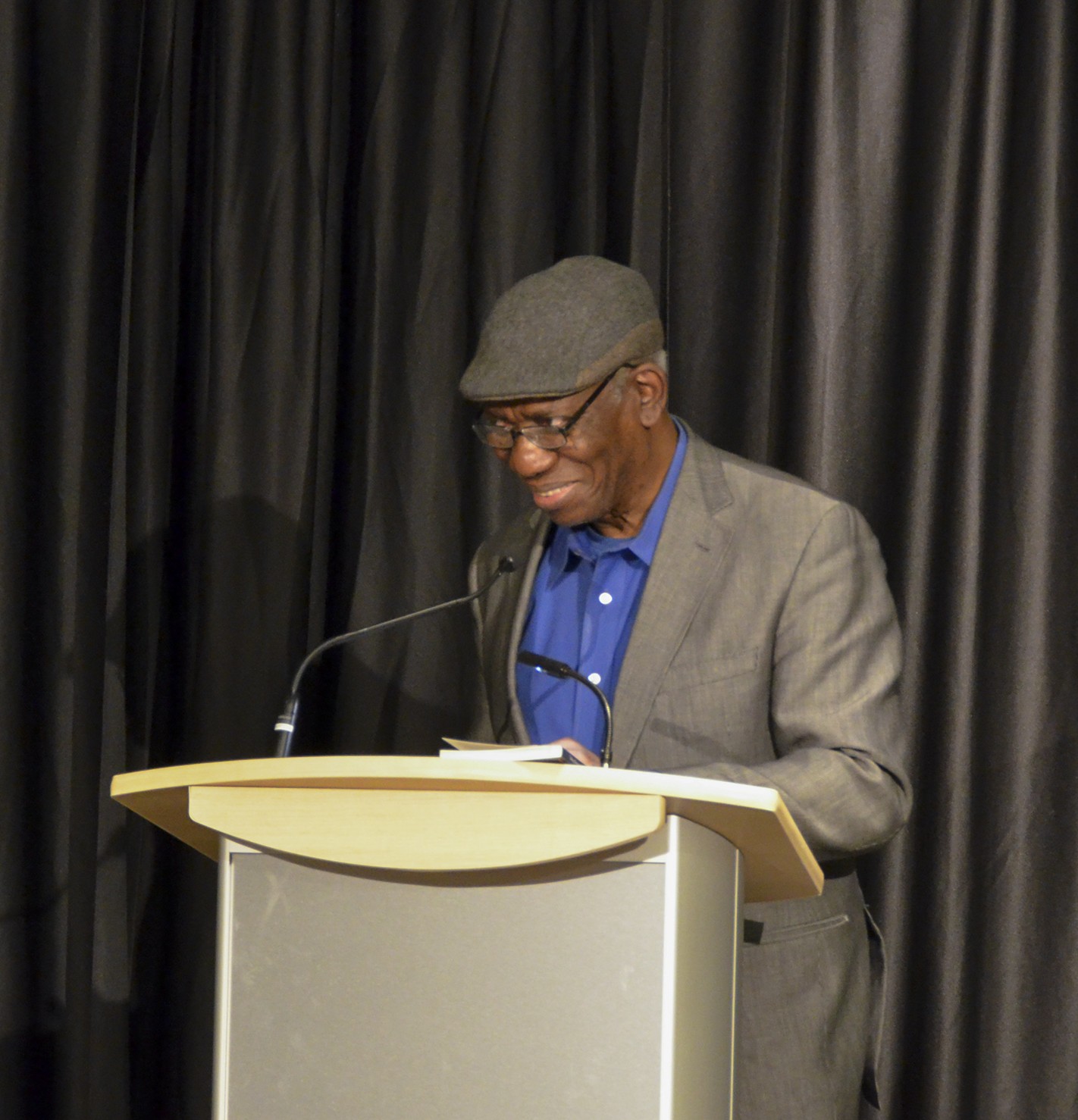
The origins of the Creative Writing Reading Series aren’t easy to track down. There’s no written record, but there is human memory. Professor Emeritus Mary Crow remembers the Fine Arts Series, dating back to the 50’s or 60’s or maybe even earlier, as the original sponsor of on-campus readings. There was a committee of faculty members in charge who brought various fine arts events to campus — dance, music, poetry readings, plays, etc.
When that series was cancelled, author events continued to happen by way of the English department, some organized into series such as the Northwest Poets series or the International Poets series organized by Mary Crow.
Often I had to raise most or all of the money to pay travel, lodging, and honoraria; funds came from the English Department and the campus’s Morgan Fund or the community’s Fort Fund or the state’s Council on the Arts (no longer in existence) or the country’s National Endowment for the Arts, etc.
Many famous writers came to campus over the years via various series and events – the Nobelist Tomas Transtromer (twice); Robert Bly (also several times); Gary Snyder (who recently returned); Diane Wakoski; Marge Piercy; Adrienne Rich; Audre Lorde; Al Young; Bei Dao; Arnost Lustig; Jose Donoso; Ariel Dorfman (Death and the Maiden); Antonio Skarmeta (Il Postino is based on his novel Burning Patience); Carlos Fuentes; Homer Aridjis; Simon Ortiz; Linda Hogan; Robert Creeley; Diane di Prima; Kenneth Koch; Kathleen Fraser; Sharon Doubiago; William Stafford; Leslie Marmon Silko; James Welch; Galway Kinnell; Carolyn Forche; David Ignatow; Alice Notley; Terry Tempest Williams; Tomas Salamun; Linda Bierds; Robert Cohen; Peter Balakian; Edward Jones; Cheryl Strayed; and Joy Williams.
Eventually the Creative Writing Reading Series (CWRS) as it is now was born. The series continues to bring a diverse group of authors to campus. Creative Writing faculty serve on a rotating basis as director of the series, and are supported by a graduate student assistant. Funding has come from various sources, such as individual donors, ASCSU, the Lilla B. Morgan Fund, and the English department. Readings are free and open to the public, and in that way the benefit reaches beyond the campus community. Through the CWRS events people are able to see authors in person, listen to them read, ask questions about their work, offer their gratitude, buy a book and have it signed.
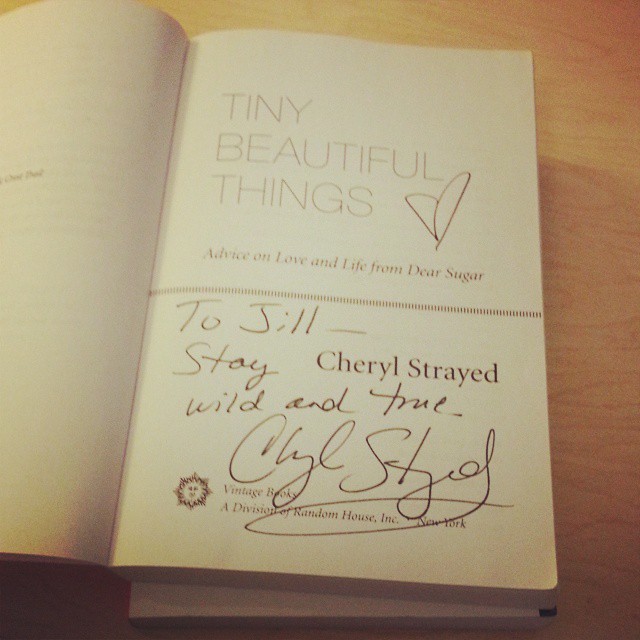
Typically, besides the evening public event, authors spend time with English faculty and students at a potluck or dinner before the reading. Oftentimes earlier in the day, they also visit a class and interact directly with English students. English major and department communications intern Courtney Satchell said of Pulitzer Prize-winning poet Gregory Pardlo’s recent visit,
His visit meant a lot to me. Not just as a writer but also as a student. I always had dreams of becoming a writer, a dream I was actively discouraged from. I was told that writers, especially poets, do not make enough money to support themselves, and it wasn’t an achievable dream especially for me. Of course I didn’t let it stop me from pursuing those goals. I became an English Major with a focus in Creative Writing anyway, and I do my best to write as often as I can, but sometimes I can get discouraged.
It can be too easy to listen to those voices that tell you that you don’t belong. Seeing Pardlo gave me a much needed reminder that my dreams are achievable and that I am not alone.
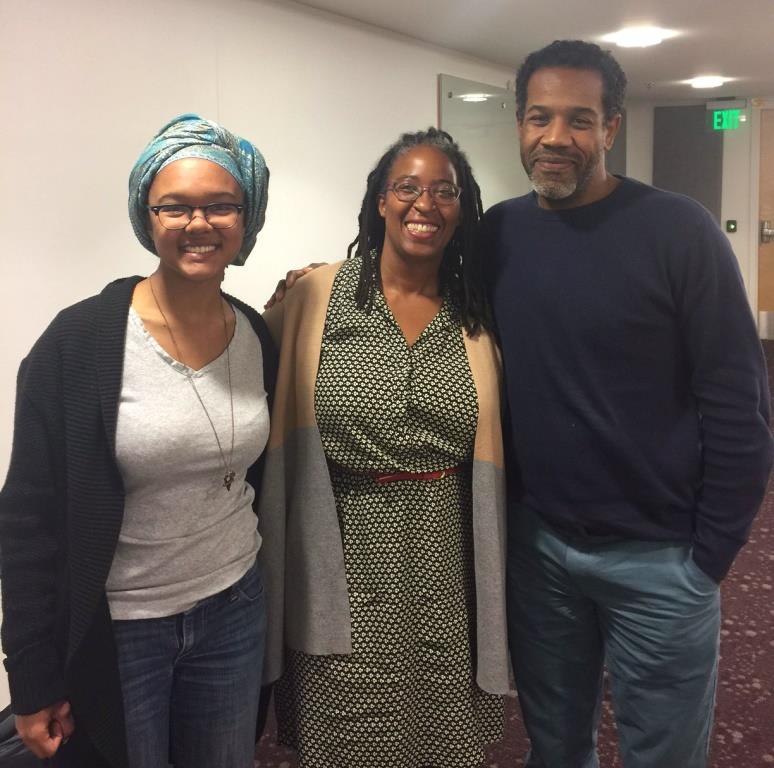
Similarly, current CWRS Director Camille Dungy describes the experience of an author’s visit as “budding writers getting to see their goals enacted.”
In the months leading up to an author’s visit, many classes read their work, think and write about it, discuss and study it in class. Recently, Liberal Arts student Cesar Ita was able to give visiting author Gregory Pardlo a copy of the midterm he wrote, which was an analysis of Pardlo’s Pulitzer Prize-winning book of poetry, Digest.
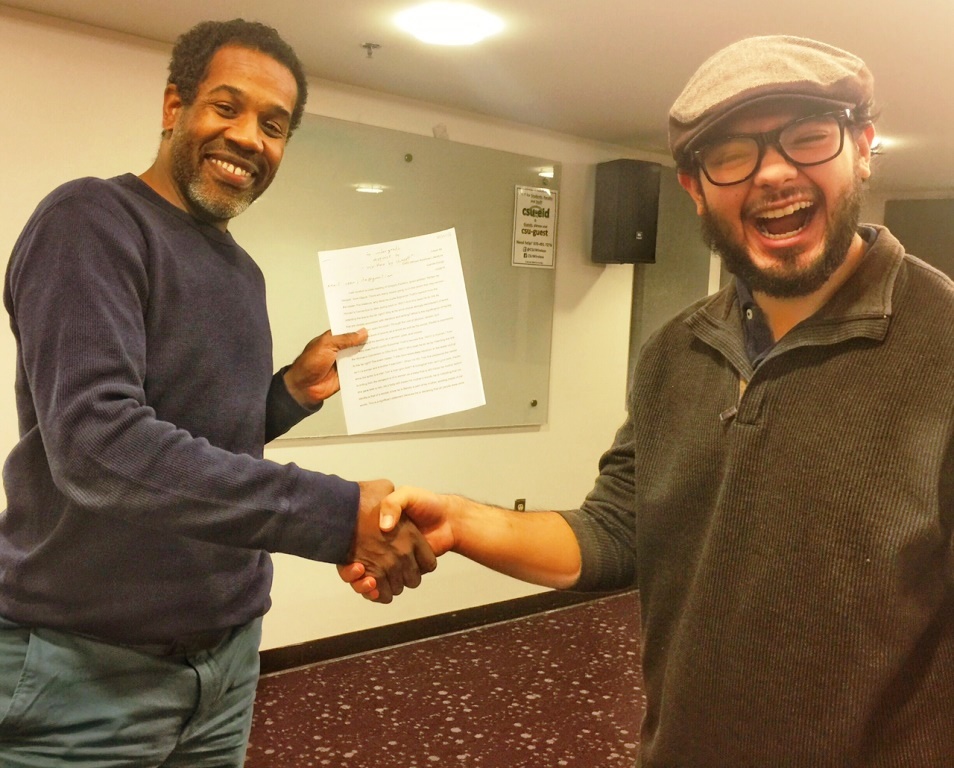
The benefit for the author is sharing their work, their interests and research and publications, with audiences who might not otherwise encounter them. The visiting author also sees our university, our faculty and students, and engages in positive experiences that they take back to their own campuses, where they might recommend our programs to their students – in this way the CWRS also acts as a recruitment tool.
Professor Dan Beachy-Quick was in charge of the CWRS for four years. He says,
The chance for people from many spheres – students and faculty and community members from all walks of life – to gather around to listen to poems and stories is as old as civilization itself, and might well be the marker of flourishing, questing and questioning society, and as such, is a central pillar of education, not just for English students, but for the University and city in general.
One of the markers of a robust creative writing program is its reading series. It is an opportunity for students, staff, faculty, and the community to interact with what Camille Dungy calls “major contemporary practitioners of the literary arts” – living writers bringing their work to life.

If you’d like to contribute to funding this important series, write a check to the English department, write CWRS in the memo line, and mail it to:
Department of English
359 Willard O. Eddy Hall
1773 Campus Delivery
Ft. Collins, CO 80523-1773

